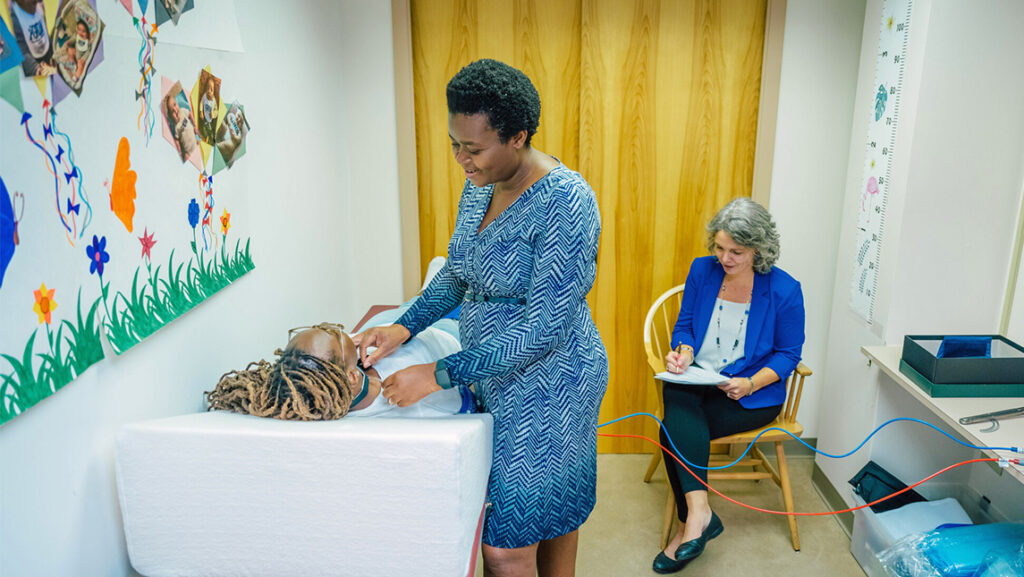
Dr. Stephen Sills (Center for Housing and Community Studies) received new funding from the North Carolina Equal Access to Justice Foundation for the project “North Carolina Statewide Legal Needs Assessment 2020 for NC Equal Access to Justice Commission & North Carolina State Bar Plan for Interest on Lawyers’ Trust Accounts.”
This project was developed by the UNCG Center for Housing and Community Studies in response to a request from the North Carolina State Bar Plan for Interest on Lawyers’ Trust Accounts (IOLTA) and the NC Equal Access to Justice Commission, for a statewide legal needs assessment. A legal needs assessment is a process used by organizations to determine priorities, make improvements, or allocate resources. It will be used to determine gaps between the legal concerns and needs of low-income communities and current pro-bono legal assets across the state. It is an opportunity for building stakeholder support, engaging clients and referral agencies, eliciting staff and legal system feedback, and promoting community support. It is also an opportunity to identify barriers that low-income people face in accessing services. Through focus groups, key informant surveys, surveys of clients and stakeholders as well as analysis of socio economic and legal administrative data, the analysis will help to set priorities for NC Equal Access to Justice Commission members and NC IOLTA grantees. Results may be useful in determining how to allocate scarce resources and staffing. In addition to the data collection and analysis that will occur over the course of the 12-month project (Jan 2020 – Dec 2020), the University of North Carolina at Greensboro Center for Housing and Community Studies will also provide technical support and advising from the Center Director and Staff. CHCS will meet every-other month with the project sponsors and principal beneficiaries; present progress reports on the status of data collection; and produce a final report and presentation identifying legal assets, community needs, gaps between need and current resources, and recommendations for ways to fill these gaps by enhancing current services and develop new resources to address needs.


